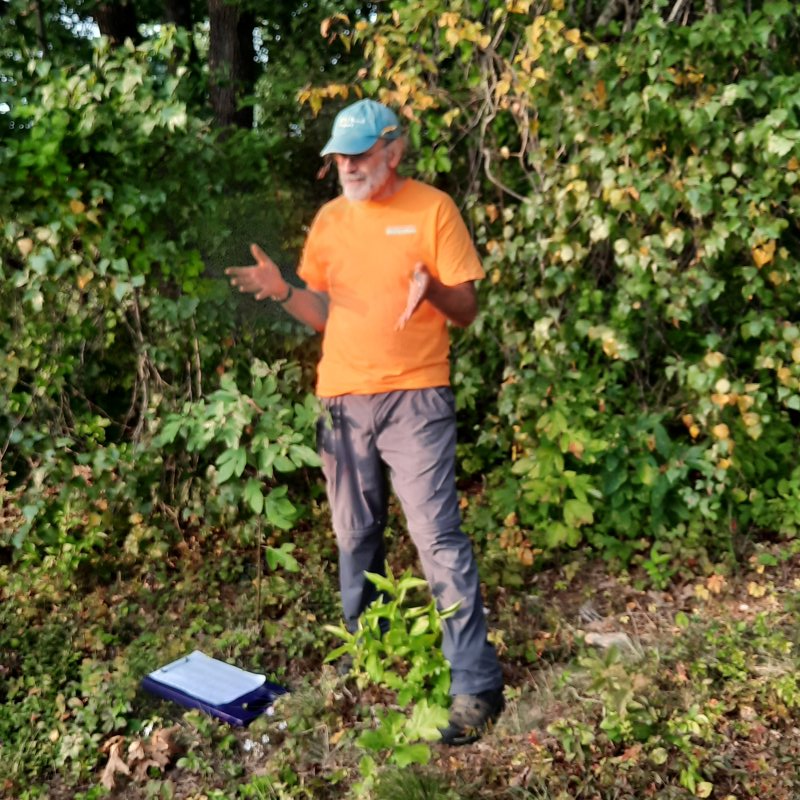

About Wild Edibles Walk with Russ Cohen
Fruitlands is home to over three dozen species of edible wild plants, many of which are more nutritious and/or flavorful than their cultivated counterparts. These include native species, like Elderberry and Black Raspberry; non-native weeds, like Burdock and Chicory; and invasive species, like Autumn Olive and Black Locust.
Join Russ Cohen, author of the book Wild Plants I Have Known…and Eaten, on a two+ hour ramble through Fruitlands’ landscape to encounter and learn about at least 18 species of edible wild plants. Pending favorable weather conditions, several species of edible wild mushrooms may be encountered as well. Keys to the identification of each species will be provided, along with info on edible portion(s), season(s) of availability and preparation methods, as well as guidelines for safe, ethical and environmentally-responsible foraging.
Until his retirement in June of 2015, Russ Cohen’s “day job” was serving as the Rivers Advocate for the Massachusetts Department of Fish and Game’s Division of Ecological Restoration, where one of his areas of expertise was in riparian vegetation. Now Russ has more time to pursue his passionate avocation, which is connecting to nature via his taste buds, and assisting others in doing the same. Russ is now playing the role of “Johnny Appleseed” for edible native species. He has set up a small nursery (in Weston) where he grows/keeps over 1,000 plants that he propagates from seed (some of which he collected himself), as well as obtains from other sources, such as the Native Plant Trust. He is then partnering with land trusts, cities and towns, schools and colleges, state and federal agencies, organic farms, tribal groups and others to plant plants from his nursery in appropriate places on their properties. Russ has initiated over two dozen such projects in the past six years. (You can read more about this in Meet the ‘Johnny Appleseed’ of Edible Native Plants, an article by Barbara A. Schmitz, which ran in the Spring 2019 issue of the Wild Ones Journal.)
Our foraging programs are led by knowledgeable guides and focus on the ecology of wild edibles and their vital role in the ecosystem and our food system. Consuming wild edibles on your own should be done at your own risk and discretion. It is your responsibility to ensure that you have accurately identified any plant before consuming it. If there are any doubts about the identification it is best not to eat it.
Register